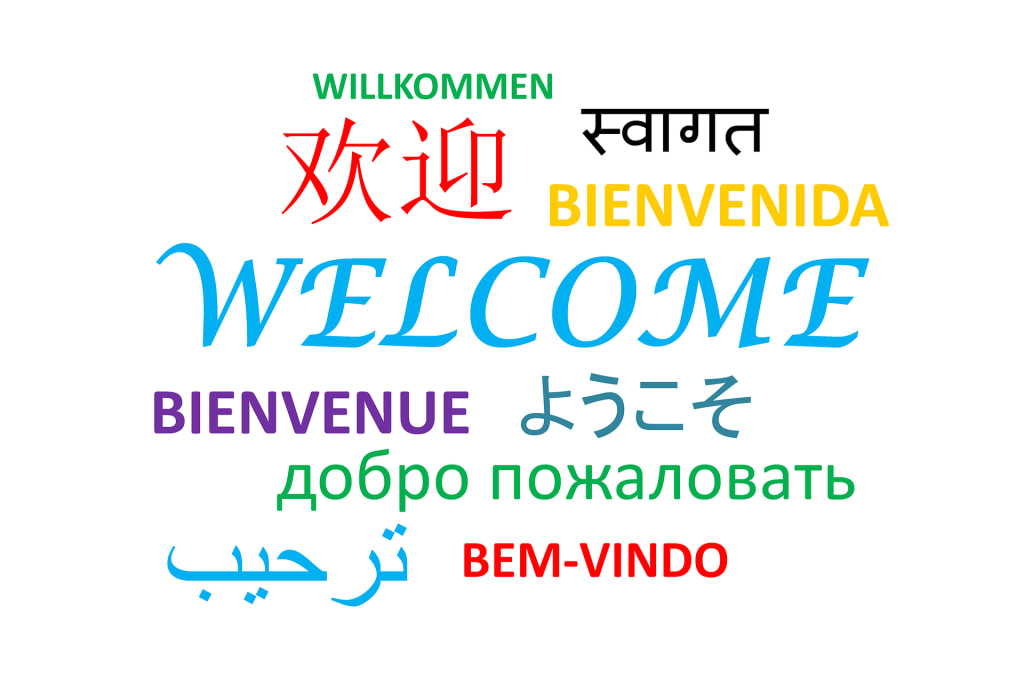Let's Sort this Language Thing Out!
Monolingual to Bilingual

With 62 percent of individuals in the UK only speaking their native tongue it has become obvious that there is a lack of an attempt to practice learning another language. Many native English speakers feel there is no need to develop their competency in another language. Why? You may ask. It relates to this inherent belief that "everyone else speaks English why learn another one." Whilst the statement above is of relative truth with regards to the popularity of English worldwide, the blissful ignorance surrounding the topic is mind-blowing. If everyone country took this stance, our multi-faceted communicative communities would become obsolete with minimal interaction worldwide.
It may seem hard to believe that despite the popularity of English, the number of speakers reaches second position around the globe, and more shockingly almost two thirds of that entire number (983 million) speak English as their second language. Now whilst many view English to be a universal language, I feel it is time to resolve the deficit by encouraging more individuals to uptake another language. Eradicating this culture of monolingualism, to a more incorporating culture of bilingualism.
What can you do to become more language conscious:
1. Make small changes.
When I began learning Spanish I found making small changes to my language progression helped vastly, by placing everyday actions from the perspective of another language. For example:
- Changing the language setting on my phone. (I was able to switch between both Spanish and English when necessary.)
- Began challenging myself when walking around outside. (Could I recall the word in Spanish for something I was looking at?)
- Adding sticky notes around the house. (Writing the word down helped the knowledge to cement into my memory.)
2. Explore your local community.
I found that within my local community there was more than met the eye initially. Taking a closer look I was able to find numerous individuals who were more than willing to help me with my language learning journey or offer general advice about how to pick up a language quickly.
3. Join online communities.
I found a fantastic array of online communities which catered for learners of varying abilities, looking back at when I first started using online learning communities I could see how much this improved my confidence.
4. Learn a selection of phrases.
Now I understand this option may not be for everyone, but remember back to a time when someone who may not speak English fluently attempted to talk to you. Did you immediately shut them down and ignore them? If you answered No then you're in luck as this is the perspective of most individuals. It will be truly appreciated if you go traveling or to a business meeting to use small phrases such as asking: 'how are you' or 'what is your name'. These attempts at another language can immediately create a warm and inviting reception when communicating with someone who doesn't speak your language.
Overall I don't expect to change every reader's mind with regards to language learning. However from my personal experience the efforts you can make to speak another language aside from your native tongue only have immense benefits in relation to creating new connections with our extremely diverse and incredible world.
(Note: The line is not simply drawn at bilingualism. I promote the exploration of all languages, this is simply a starting point.)






Comments
There are no comments for this story
Be the first to respond and start the conversation.